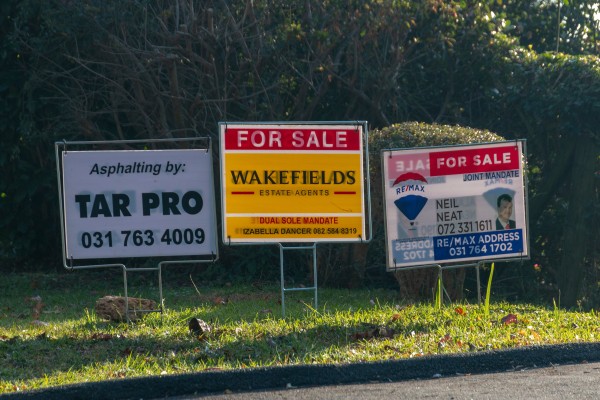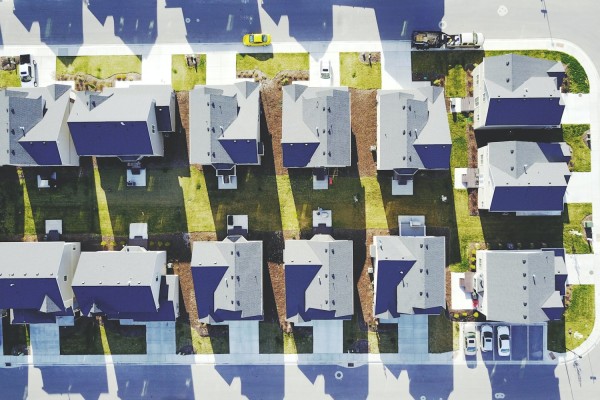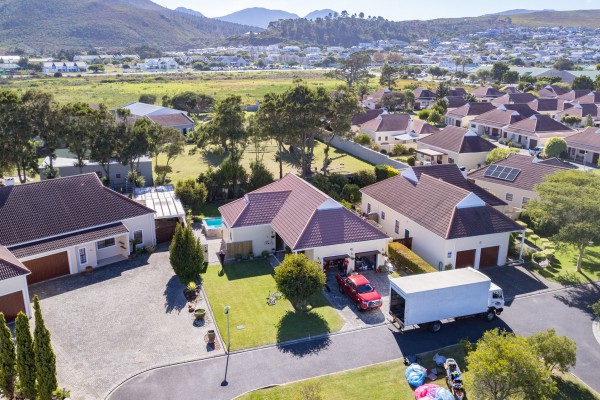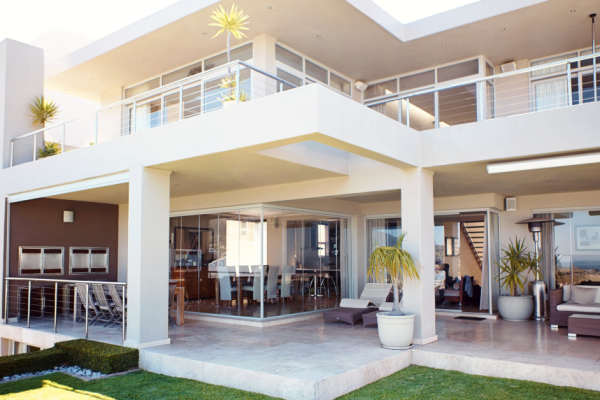Capital Gains Tax in South African Real Estate | Quick Guide


Anyone in South Africa looking to sell a property will hear the term, “Capital Gains Tax” (CGT). If you haven't yet, don't worry, as it isn't nearly as terrifying as it sounds.
Capital Gains Tax applies to anyone wanting to sell their property. This includes homeowners and building owners. What CGT is and what implications it accounts for is important for you to understand. This is especially true if you'd like to comply with South Africa’s stringent tax regulations.
Capital Gains Tax on Real Estate
What is Capital Gains Tax?
Capital Gains Tax works on the idea that any profits earned from selling real estate should be taxed. This profit is considered a capital gain. But, CGT only comes into effect after meeting specific criteria.
Capital Gains Tax is implemented when you sell an asset for more than it was purchased for. The premise is owners should pay tax on their assets' increase in value over time. This is Capital Gains Tax and the chances it will affect you is there, but by how much is determined by a few factors.
The Inclusion Rate
Capital Gains Tax is not a separate tax but is integrated into the income tax system. What this means is that the capital gain is added to your total income for the year. You are then taxed according to your applicable income tax rate. However, only a portion of the capital gain may be subject to taxation. This is the "inclusion rate."
How is Capital Gains Tax Calculated?
Knowing how Capital Gains Tax is calculated can greatly impact your financial outcomes. Understanding how exemptions or benefits work in regards to CGT is a plus too. Let's break down the process in a more accessible manner:
Selling price – base price = capital gain
The selling price is the price you have your property on the market for now. The base cost is the amount you paid for the property. By deducting the base price from the selling price determines your capital gain.
However, the base cost isn’t just the price you paid for the property then. It actually comprises all the costs that accumulated during your property purchase. This is valid up until the day your property is sold. These additional costs do not include general upkeep like painting the exterior. The additional costs include professional services like:
-
Home inspection and the cost for the certificates of compliance (electrical, borer, etc.)
-
Estate agent’s fees
-
Attorney's fees (transfer duties, registration costs, etc.)
-
Improvements made to the property (any and all renovations; a new kitchen goes a long way)
A portion of this gain is then subject to taxation.
Calculating Capital Gains Tax
The Three Key Factors
To calculate your Capital Gains Tax, you need to understand three key factors:
-
Capital Gain: In short, this is the profit you make off your property.
-
Inclusion Rate: Only a portion of the capital gain is taxed. 40% is included for individuals and 80% for companies or trusts.
-
Marginal Tax Rate: The applicable tax rate varies based on one's marginal tax rate. As of February 2024, the marginal tax rate stands at 18% for individuals, 21.6% for businesses and 36% for trusts.
The formula for calculating Capital Gains Tax as an individual is:
Capital Gain × 40% Inclusion Rate × Marginal Tax Rate.
Sidebar:
The marginal tax rate refers to the rate at which additional income is taxed. South Africa operates on a sliding tax system. This means that your salary determines the amount of tax you will pay. The higher your salary the higher your income tax bracket. Visit SARS to see your marginal tax rate.
Exemptions and Benefits
Certain exemptions may be given according to the type of asset you may be selling. The type of asset may see your CGT liability be reduced (or even eliminated). For example, there are exclusions for capital gains on primary residences. A primary residence is the house you currently live in. This is up to a certain threshold, though. There are also exemptions for retirement benefits and small business disposals, among others.
-
Certain exclusions and benefits exist within the CGT framework, providing relief for taxpayers. Key exclusions include:
-
Primary Residence Exclusion
Capital gains on a primary residence are excluded up to a threshold of R2,000,000. This exclusion applies if you have lived in the property for at least two years. -
Joint Ownership Exclusion
In cases of joint ownership (e.g. spouses married in community of property) the CGT liability is shared equally. -
Other Exclusions
Additional exclusions apply to various scenarios like these examples: -
the capital gains on a second property (this qualifies for an exclusion rate of R40,000),
-
retirement benefits,
-
personal use assets and
-
small business disposals.
Implications for Home Sellers
Understanding the implications surrounding Capital Gains Tax is important. This is also very important for homeowners who are considering selling their properties. By being aware of the calculations involved you can optimise your financial outcomes. Plus, you can ensure compliance with SARS' tax regulations too. A win-win. When in doubt though, it’s best to approach a tax expert to assist you.
Speaking of approaching experts in their field of expertise, have you considered Wise Move?
Wise Move - The Experts at Helping you Move
Wise Move offers you the chance to move from old to new in a process far simpler than CGT. They make the difficult task for you easy - the move. Give them a call when you're ready to make a move, wisely.
What do our customers say?




























